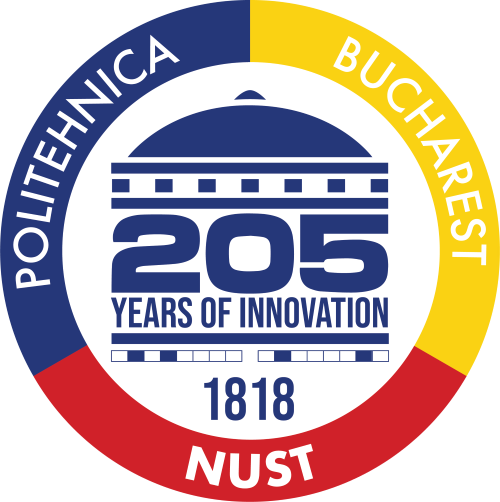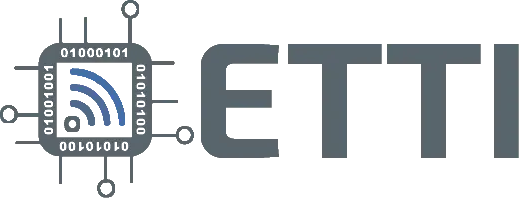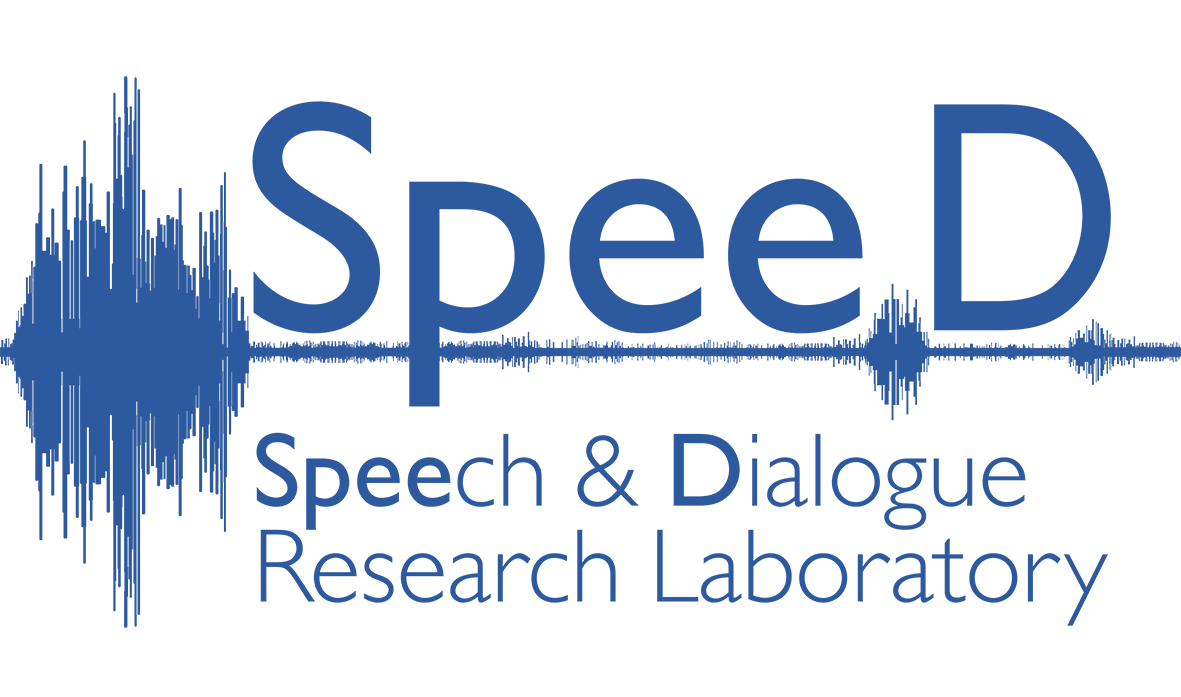Digital Signal Processing
Course in Bachelor’s program (3rd year, series E)
Teachers
Prof. Dragoș Burileanu
Lect. Șerban Mihalache
Course Description
This course is studied within the “Electronic Engineering, Telecommunications, and Information Technologies” domain / “Microelectronics, Optoelectronics and Nanotechnologies” specialization, and aims to familiarize students with the fundamental aspects of digital signal processing: specific algorithms, processing techniques, and practical implementation considerations. The primary goal is to understand the phenomena associated with the main DSP techniques, from the perspective of the system designer. Numerous examples and detailed explanations in the lectures help to clarify more difficult theoretical aspects, as well as to solve practical applications and problems, with relevance to stimulating the students’ learning process. Additionally, the laboratory applications aim to provide practical mastery of the main concepts in the DSP field. The implemented applications include various software simulations using the MATLAB development environment.
The course covers the following basic concepts and specific topics: time and frequency domain representation and analysis of discrete signals and systems, the Discrete Fourier Transform and the concept of frequency resolution, Fast Fourier Transform algorithms, synthesis and analysis of digital filters. All of these contribute to providing students with an overview of the methodological and procedural benchmarks of the DSP field.
Contents
Course
- “Introduction” – Generalities. Examples; comparison with analog solutions. Performance and limitations in digital signal processing
- “Time-domain representation of discrete signals and systems” – Discrete-time signals: definition, examples, notation conventions; properties, fundamental operations. Discrete-time systems: linearity and time invariance, convolution; causality and stability; digital filters
- “Frequency-domain representation of discrete signals and systems” – Basic concepts of Fourier analysis. Frequency response of a discrete system; the Fourier transform for discrete-time, aperiodic signals. Sampling and reconstruction of analog signals. Time – frequency duality in digital signal processing
- “Analysis of discrete systems using the z-transform” – The z-transform for discrete-time signals. The inverse z-transform. Characterization of digital filters: transfer function, stability, frequency response; examples
- “The discrete Fourier transform (DFT)” – Fourier representation of finite-duration sequences. The connection between the discrete Fourier transform and the z-transform; “frequency sampling”. The discrete Fourier transform for unlimited duration signals. Window functions. Frequency resolution. DFT properties
- “The fast Fourier transform (FFT)” – Discrete Fourier transform computation complexity. Basics of the fast Fourier transform; efficient computation of the DFT. The Cooley-Tukey (decimation-in-time) algorithm. Practical aspects of FFT implementation and optimization techniques
- “Digital filter design” – Basic concepts, classification, frequency domain specifications; from the requirements of an application to the development and testing of a digital filter. Infinite impulse response (IIR) digital filter design. Finite impulse response (FIR) digital filter design. Digital filter structures and representation. Computation complexity of digital filters
Laboratory
- Introduction to the MATLAB development environment. Generation and time-domain representation of discrete sequences
- Time-domain representation of discrete systems: convolutions, impulse response, stability. Simple digital filters: time-domain response, transfer function, pole-zero diagrams, frequency response
- Frequency-domain representation of discrete-time signals: the Discrete Fourier Transform (DFT), spectral analysis fundamentals, Fast Fourier Transform (FFT)
- Digital filters: synthesis, analysis, implementation
- Various applications of digital signal processing. Digital filters for audio applications
- Additional problems for digital signal processing applications
- Final colloquium
Grading
Laboratory evaluation (continuous): 20%
Laboratory evaluation (colloquium): 20%
Course midterm test (written): 10%
Course final exam (written): 50%


